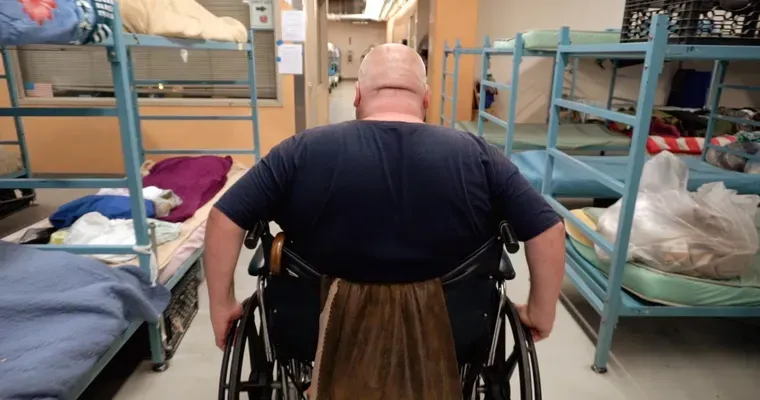Navigating the complexities of "Texas POA" (Power of Attorney) and "guardianship" for a parent with "dementia" can be overwhelming. As a caregiver, understanding these legal tools is essential to ensure the well-being and protection of your loved one. Texas law provides specific guidelines to help families make informed decisions regarding their aging parents, especially when cognitive decline is involved.
Understanding Power of Attorney in Texas
A "Power of Attorney" is a legal document that allows one person to make decisions on behalf of another. In Texas, there are different types of POA, including Durable Power of Attorney and Medical Power of Attorney. A Durable Power of Attorney remains in effect even if the principal (the person granting the authority) becomes incapacitated, which is crucial for individuals with dementia. This document can cover financial decisions, allowing the designated agent to manage the parent’s finances, pay bills, and handle other essential tasks.
On the other hand, a Medical Power of Attorney specifically grants authority to make healthcare decisions. This is particularly important for parents with dementia, as they may struggle to communicate their wishes regarding medical treatment. It is advisable to discuss these decisions with your parent while they are still able to express their preferences.
The Role of Guardianship
If a parent with dementia has not established a POA, it may become necessary to pursue "guardianship". Guardianship involves a legal process where a court appoints an individual (the guardian) to make decisions on behalf of someone deemed incompetent to manage their own affairs. In Texas, this process requires filing a petition with the court, demonstrating that the individual cannot make informed decisions due to their cognitive condition.
Guardianship can be a more complex and time-consuming solution compared to POA. It often involves court hearings and ongoing reporting to the court. Additionally, guardianship can be more expensive, as it may require legal assistance and court fees. Therefore, it is generally advisable for families to establish a POA while their parent can still participate in the decision-making process.
Steps to Establishing Power of Attorney or Guardianship
1. "Assess the Situation": Determine the level of dementia your parent is experiencing. This will help you decide whether a POA or guardianship is more appropriate.
2. "Consult with Professionals": Speak with an attorney specializing in elder law in Texas. They can provide guidance on the best course of action based on your parent’s specific situation.
3. "Draft the Necessary Documents": If pursuing POA, work with your attorney to draft the Durable and Medical POA documents. Ensure your parent understands and agrees to the terms.
4. "File for Guardianship if Necessary": If a POA is not an option, begin the guardianship process by filing the appropriate paperwork with the court and preparing for possible hearings.
5. "Stay Informed": Continuously educate yourself about Texas laws regarding dementia care, POA, and guardianship to ensure you are making the best decisions for your parent.
Conclusion
Understanding "Texas POA" and "guardianship" is vital for anyone caring for a parent with "dementia". By establishing a POA while your parent can still participate, you can alleviate the burden of guardianship later on. Always seek professional legal advice to navigate these complex issues, ensuring that your loved one’s rights and needs are prioritized throughout the process.





